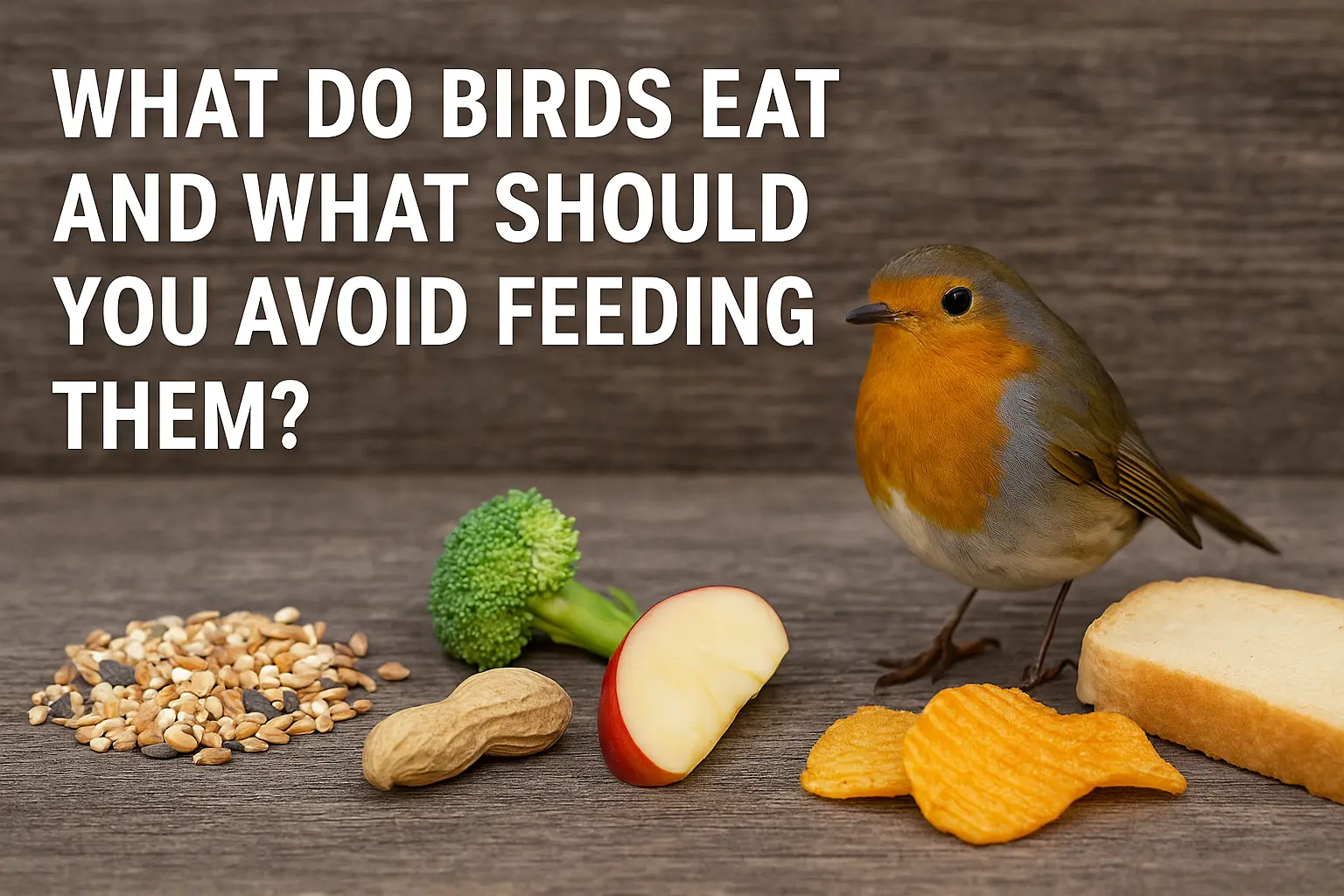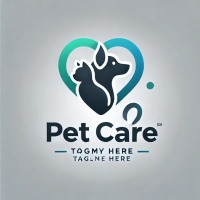What Do Birds Eat and What Should You Avoid Feeding Them?

Strong 8k brings an ultra-HD IPTV experience to your living room and your pocket.
Whether you’re feeding wild birds in your backyard or caring for a beloved feathered companion at home, understanding what do birds eat is essential for their health and happiness. Birds come in countless shapes, sizes, and species, each with their own dietary needs. Providing the right birds food ensures optimal nutrition, while the wrong foods can pose serious health risks.
In this blog, we’ll explore:
- The natural diet of birds (wild and pet)
- Safe and nutritious bird food options
- Harmful foods to avoid
- FAQs about feeding birds correctly
What Do Birds Eat in the Wild?
Wild birds have evolved to thrive on what nature offers. Their diet varies by species, season, and location, but generally includes:
Seeds & Grains: Sunflower seeds, millet, and cracked corn are common.
Fruits & Berries: Apples, berries, and bananas are often favorites.
Insects & Worms: A crucial protein source, especially for insectivorous birds.
Nectar: For hummingbirds and orioles, sugary nectar provides vital energy.
Tree Sap & Buds: Some birds, like woodpeckers, feed on tree sap and flower buds.
Want to learn more? Explore our full guide on what do birds eat for species-specific feeding tips and seasonal diet breakdowns.
What Do Pet Birds Eat?
When it comes to pets, it’s not enough to offer a one-size-fits-all mix. The nutritional needs of parrots, finches, canaries, budgies, and cockatiels differ.
Common Components of Pet Bird Food:
Pellets: Specially formulated to provide balanced nutrition.
Seeds: Should be part of the diet but not the sole component.
Fresh Vegetables: Leafy greens, carrots, broccoli, and bell peppers.
Fruits (in moderation): Berries, apples (seedless), mango, and melon.
Grains: Cooked rice, pasta, and whole-grain bread (without additives).
For a more complete breakdown of options, check out our comprehensive selection of pet bird food that supports the health of different bird species.
Top Nutritious Bird Foods to Include
|
What Should You Avoid Feeding Birds?
Some foods can be toxic or harmful to birds, whether wild or domesticated. Here’s what to keep off the menu:
⚠️ Foods to Avoid
Avocado: Contains persin, toxic to most birds.
Chocolate: A known toxin to birds and many pets.
Caffeine: Found in coffee, tea, and soda — harmful to their heart.
Alcohol: Never give alcohol to birds.
Salty or Sugary Snacks: Chips, pretzels, candy — birds’ bodies can’t handle these.
Raw Beans: Especially kidney beans, contain natural toxins.
Bread (in large amounts): Offers no nutritional value and can fill birds up unnecessarily.
Even some fruits like apple seeds and cherry pits contain cyanide compounds and must be avoided.
Tips for Safe Bird Feeding
✅ Always wash fruits and vegetables before serving.
✅ Use clean feeders to prevent mold and disease spread.
✅ Avoid leftover kitchen scraps unless you’re sure they’re safe.
✅ Ensure clean water is always available for drinking and bathing.
✅ Offer variety — just like humans, birds thrive on a diverse diet!
Final Thoughts
Understanding what do birds eat is more than just a curiosity — it’s a commitment to their well-being. By offering the right birds food and avoiding harmful items, you can help pet and wild birds live longer, healthier lives.
Looking for top-quality options for your feathered friends? Browse our curated range of pet bird food to make feeding both nutritious and simple.
Frequently Asked Questions (FAQs)
1. Can I feed bread to birds?
While small amounts won’t hurt, bread lacks nutrients and can fill birds up without offering value. It’s best to stick to whole foods like seeds, grains, and fruits.
2. What is the best pet bird food?
The best food depends on the bird species. Pellets, fresh vegetables, and a small mix of seeds generally make a healthy, balanced diet.
3. Can wild birds eat rice?
Yes, cooked rice (white or brown) is safe for wild birds and provides energy. Avoid seasoning it with salt or spices.
4. What fruits should I avoid feeding birds?
Avoid fruits with seeds or pits like apples (seeds), cherries, and peaches. Always remove seeds and pits before serving.
5. Is it okay to give birds peanut butter?
In small amounts and unsalted, yes. Peanut butter is high in fat and protein, making it a good winter food for wild birds. Mix with oats or seeds to prevent choking.
Note: IndiBlogHub features both user-submitted and editorial content. We do not verify third-party contributions. Read our Disclaimer and Privacy Policyfor details.


